
.svg)



💨 Publish truthful, compliant UGC ads in 3 minutes — not 3 weeks.



16 CFR Part 255 & 465 are now in effect. Each violation = $43,792 fine, $51,744 in civil penalties — and worse, fuels $50M+ class action lawsuit risk.
The first defense system for influencer and UGC ads — built to prevent costly disclosure mistakes, prove compliance in court, and keep your brand out of the headlines.
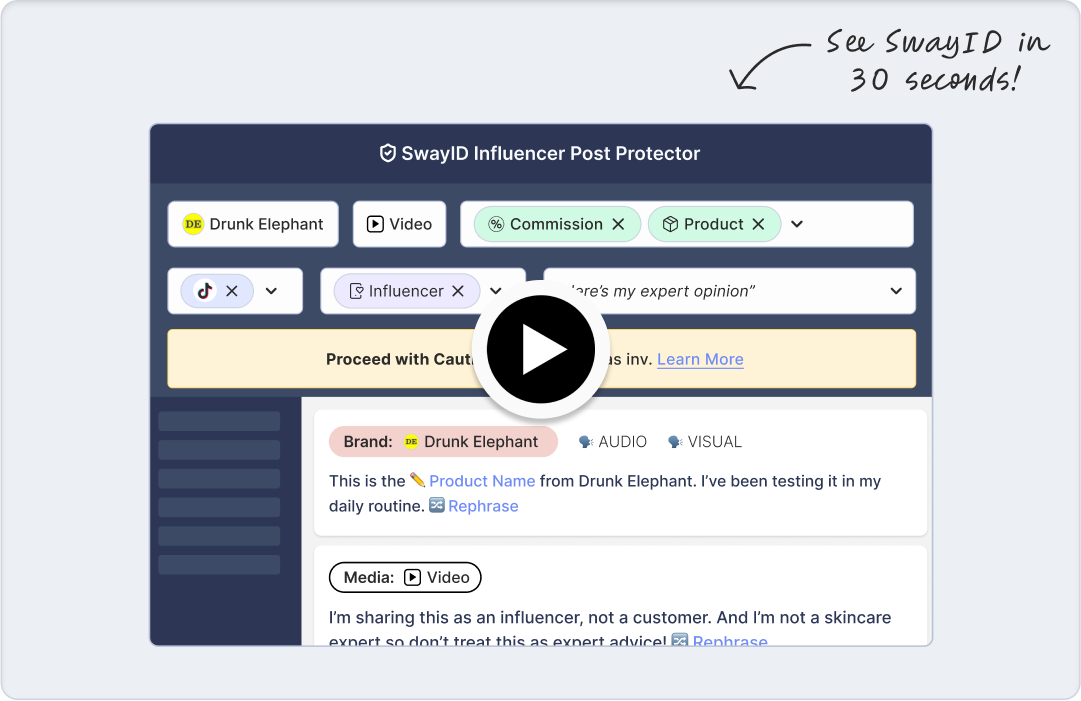
BUILT IN WASHINGTON, DC · IN LOCKSTEP WITH REGULATORS · IN SERVICE OF RAPIDLY RISING FEDERAL STANDARDS

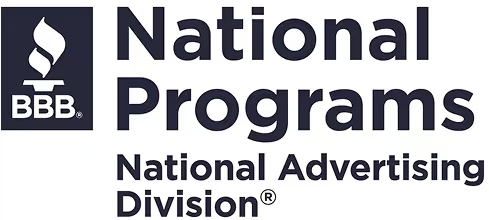
.avif)


.avif)


.avif)



.avif)

Busy? Board Room Summary:
SwayID turns ad compliance from a costly headache into a shared-defense network shifting accoutability to agencies and creators.
The Shift:
FTC Part 465 and an unprecedented wave of class action lawsuits have made influencer and UGC ads a top-tier brand risk.
The Stakes:
One unclear disclosure now carries $43,792 in fines per post and can trigger $50M+ class actions before your legal team can respond.
The Fix:
Prevention Mode: detect and neutralize risky ads before they go live, with court-grade proof to defend your brand.
.avif)
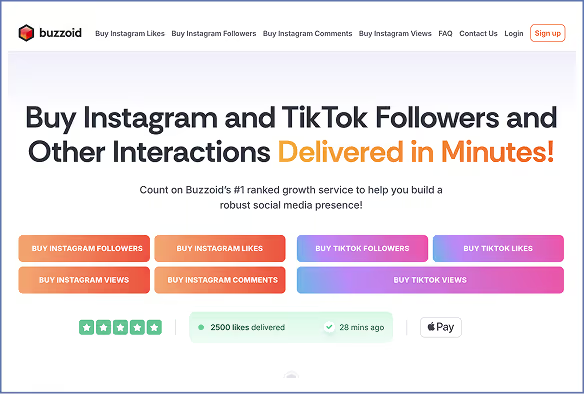
.avif)
.avif)
.avif)
.avif)
.avif)
.avif)

.avif)
.avif)
.avif)
.avif)
.avif)

Here's your cost of keeping Prevention Mode off in 2025 and beyond.
From six-figure fines to eight-figure lawsuits — the longer you wait, the more it costs to react instead of prevent.
Without a defensible disclosure system
Consequences
#ad buried in hashtags or not placed clearly
Regulatory Risk: $43,792 FTC fine (per post)
Ambiguous captions with no visible disclosure
Legal Risk: $50M class-action exposure (ALO et. al precedents)
Missing disclosure on paid repurposing (e.g., turning influencer post into an ad)
Operational Risk: 120+ staff hours across legal, marketing, social
Post goes live without proper disclosure, later flagged and removed
Cleanup Cost: $50K+ exposure even after takedown
Repeat disclosure misses across campaigns
Reputational Risk: Mistrust compounds. Class action lawyers feast
Creator Ad Malpractice is the New Normal.
Here’s what it’s costing brands in 2025:
$43K fines – every time a post fails FTC disclosure standards
$50M+ class actions – misleading UGC is now a litigation magnet
NAD investigations – halting campaigns mid-flight
PR crises & boycotts – brand trust erodes overnight
10x legal fees – reacting after violations instead of preventing them
Prevention Mode stops these at the point of origin before they spiral into full-blown emergencies.

A new breed of advertising risk calls for a new breed of coverage.
The fastest-growing litigation trend in marketing isn’t false claims or copyright disputes. It’s deceptive influencer ads.
Every missed disclosure can cost $43,792 per post and trigger civil penalties, mounting legal fees, and escalating PR fallout.
Class action firms are moving faster than ever, targeting brands of all sizes before legal defense can even begin.
That’s why brands are shifting into Prevention Mode detecting and containing risky content before it goes live.
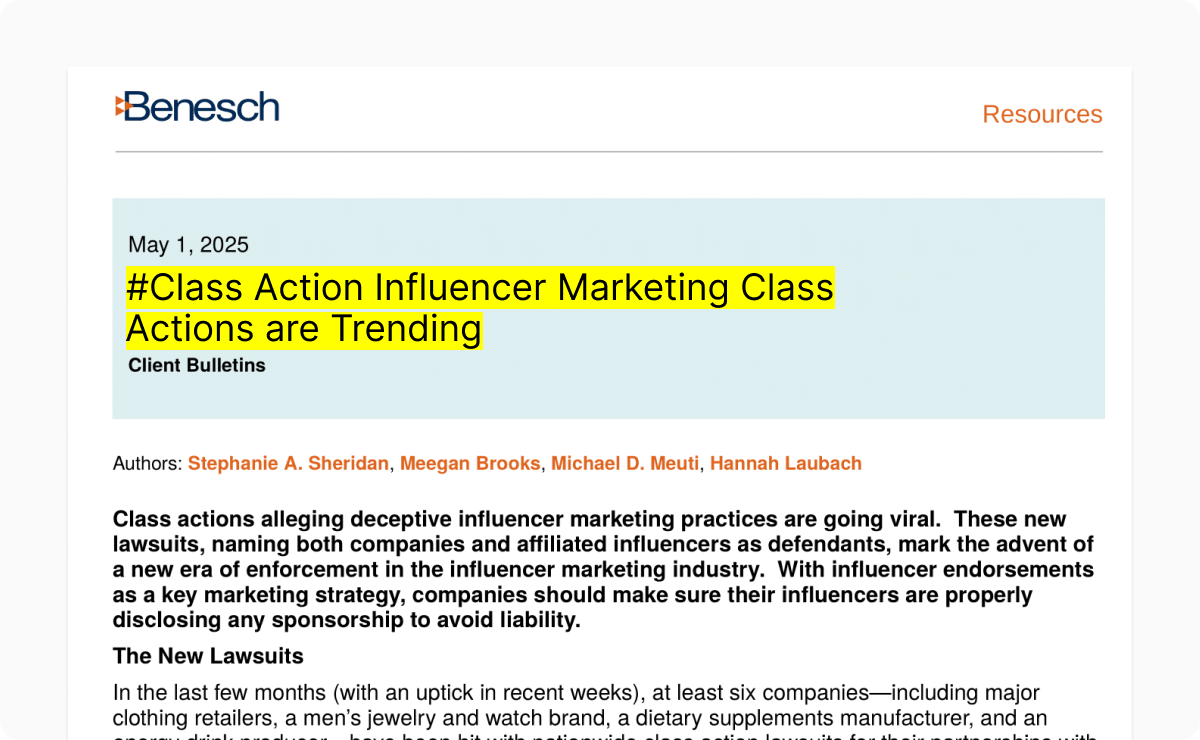
Seal Your Brand’s 3 Biggest Exposure Points with SwayID's Creator Ad Liability Protection
Most marketers are provably default-negligent. It’s costing you weeks, five-figure legal bills, and full liability for creators’ mistakes.
🔴 BEFORE:
Any mistake — from your agency, creators, or internal team — rolls back onto your brand, with you carrying 100% of the risk (no matter what your contracts say).

🟢 AFTER:
Risk is shared — creators and agencies are contractually and evidentially on the hook, backed by SwayID’s legal-grade proof collection.

🔴 DIAGNOSIS: UNDER SCRUTINY, ONE QUESTION UNRAVELS YOUR ENTIRE HOUSE.
Your marketers think compliance takes 1 hour per creator. In reality, it’s 6–8 weeks — and they still have no idea what they’re doing. That gap leaves weeks of exposure for costly mistakes.

🟢 YOUR FIX: AUTOMATE COMPLIANCE IN 3 CLICKS.
Remove the guesswork. SwayID runs instant FTC checks, generates disclosures, and logs court-defensible proof before a post goes live so 6–8 weeks of exposure is cut to zero.

BEFORE:
Leadership + legal firepower wasted for weeks

AFTER:
SwayID case manager + marketing manager, light exec/legal oversight

When CALP gets real
SwayID turns ad compliance from a costly headache into a shared-defense network shifting accoutability to agencies and creators.
🎮 Warner Bros: FTC fallout
Paid influencers — including PewDiePie — promoted Shadow of Mordor without clear disclosures. Viewers were misled into believing reviews were unbiased. Result: FTC-mandated disclosure rules for all future campaigns. CALP could have prevented the breach before the FTC stepped in.
🛍 Revolve: $50M Class Action
A brand’s disclosure gaps became public. Lawyers claimed deceptive ads, and consumers joined in. Result: $50M+ lawsuit, brand trust erosion, and legal fees. CALP’s live compliance monitoring could have shut the case down before it began.
🎲 CSGO Lotto: Hidden Scandal
Two influencers promoted a gambling site they secretly co-owned without disclosing the conflict. The FTC required public disclosure, ongoing monitoring, and compliance reporting.
Common Creator Ad Malpractice Cases — Complications & Defenses Across Ad Types
From sloppy disclosures to misleading ad repurposing, SwayID covers every high-risk scenario proactively.
Influencer Posts
Malpractice: Creator posts without following your disclosure instructions.
Complication: You’re on the hook.
SwayID Fix: Lock in proof that survives edits — shifting liability off you and cutting resolution from weeks to minutes.
Malpractice: Marketers repurpose reviews without proper disclosure.
Complication: Can void ROI and trigger legal demands.
SwayID Fix: Auto-attach defensible proof to every review asset before it goes live.
Reviews incentivized by any compensation
Malpractice: Marketers offer perks/payments without disclosure.
Complication: Converts “organic” claims into illegal marketing.
SwayID Fix: Standardize disclosure from the moment a review is solicited — eliminating mass-refund exposure.
Gifting Campaign-Generated Content
Malpractice: Creators and marketers treat gifting as “free marketing” and skip disclosure.
Complication: Dozens of violations may be hiding in your feed.
SwayID Fix: Prove disclosure across every gifted-content post — ending blind-spot liability.
AI Avatar / Synthetic Influencer UGC Ads
Malpractice: Marketers deploy AI influencers without disclosing they’re synthetic.
Complication: FTC treats it as deceptive endorsement.
SwayID Fix: Link AI assets to a verified disclosure record — defensible from day one.
Why Lawyers Recommend SwayID to Leadership Teams
🧾 Court-Grade Logs
Immutable audit trail with ISO 8601 timestamps
⚖️ FTC Rule 255 Compliant
Pre-written disclosures + workflow enforcement
🔒 Risk Containment
Limits exposure before violations escalate
Why Leadership Teams Appreciate the Recommendation
⏱️ Faster Launches
Less chasing, less back and forth.
🚫 Fewer Bottlenecks
No more ambiguity, no more guessing games.
🧘🏽 Happier Team
Less stress. Compliance is built in from the start.
We back ourselves up with rigorous research.
We don’t cherry-pick wins to make sales decks, customer testimonials, and case studies. We pressure-test our system through formal research, then publish every finding—good or bad—so you can see exactly how it holds up under fire and buy with confidence.

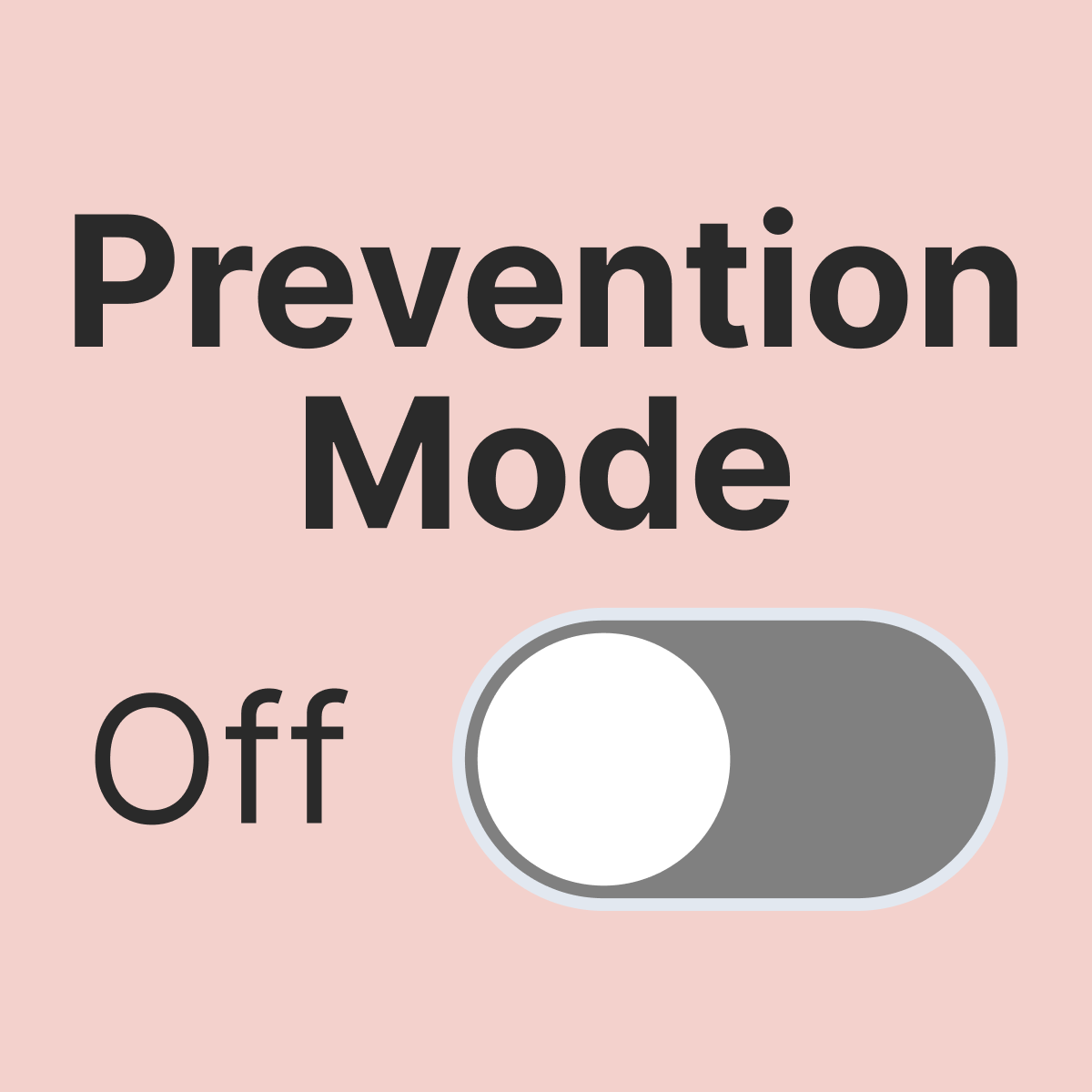
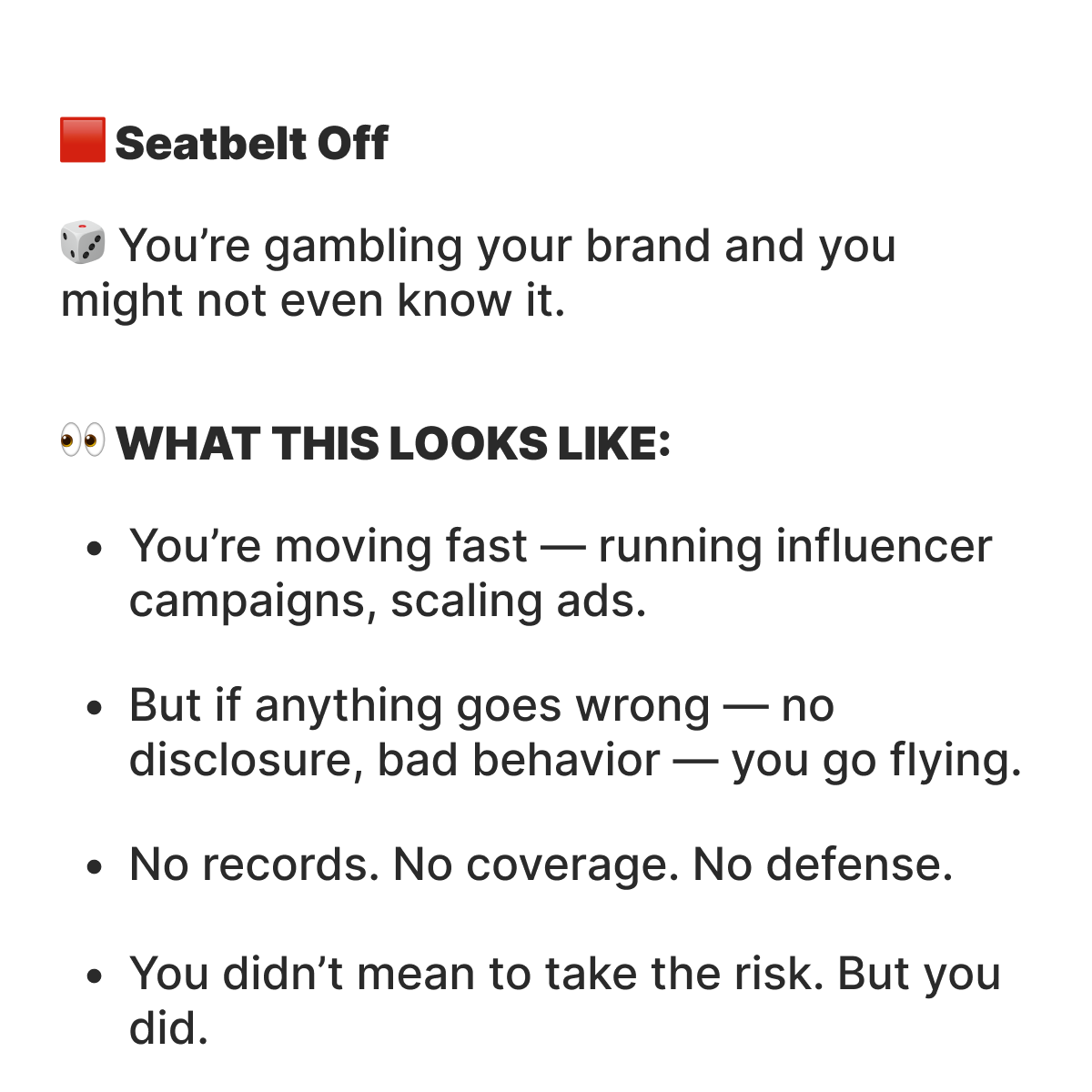
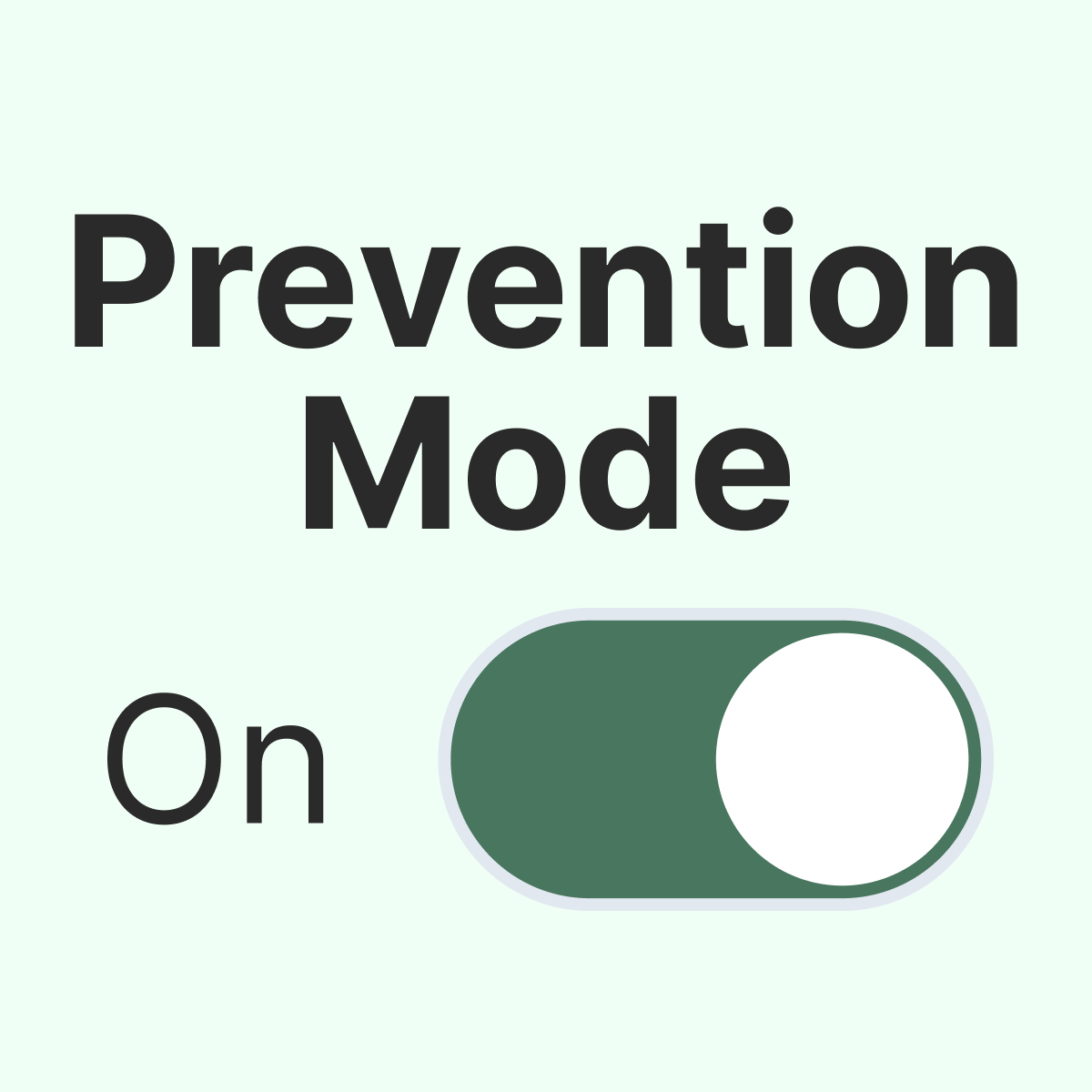
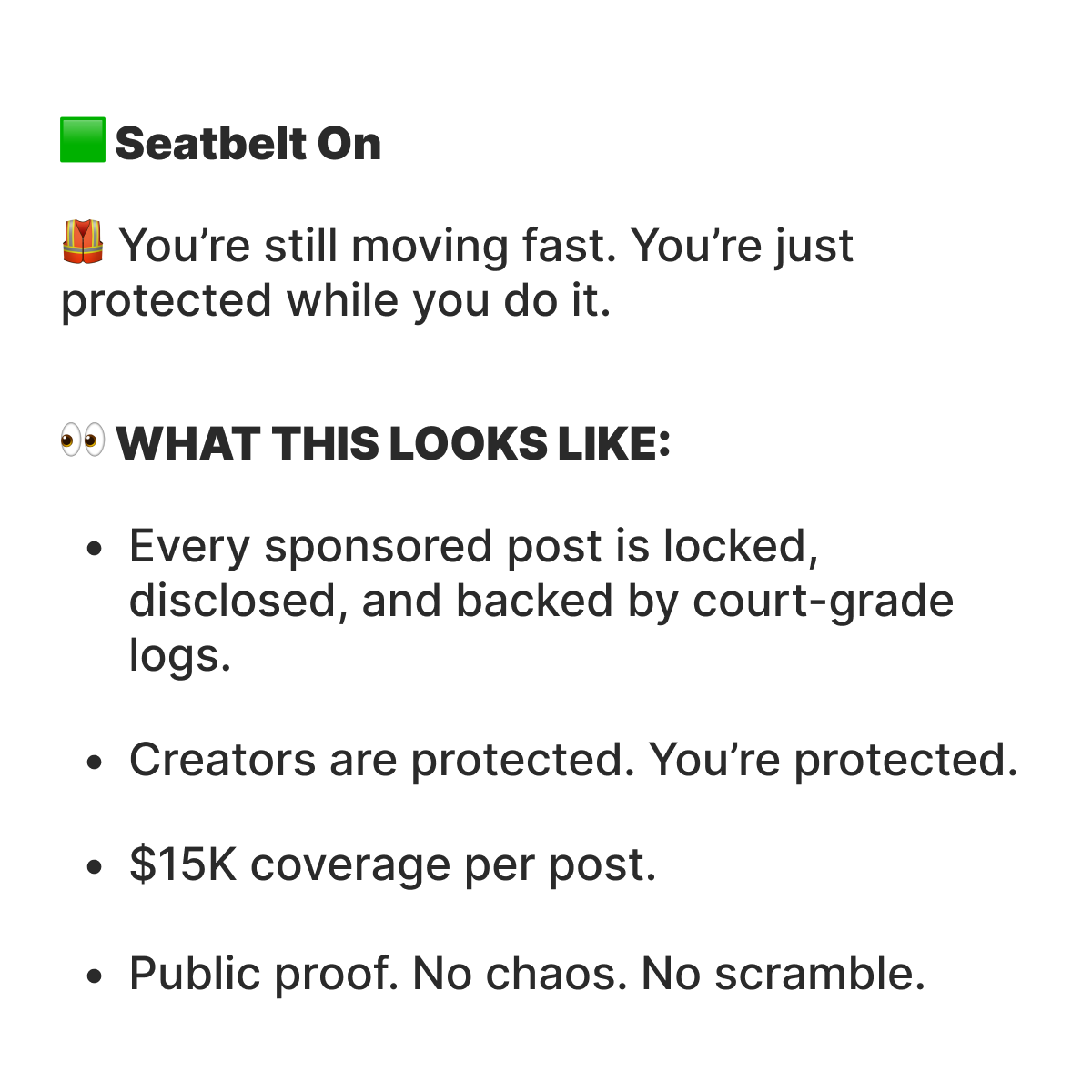
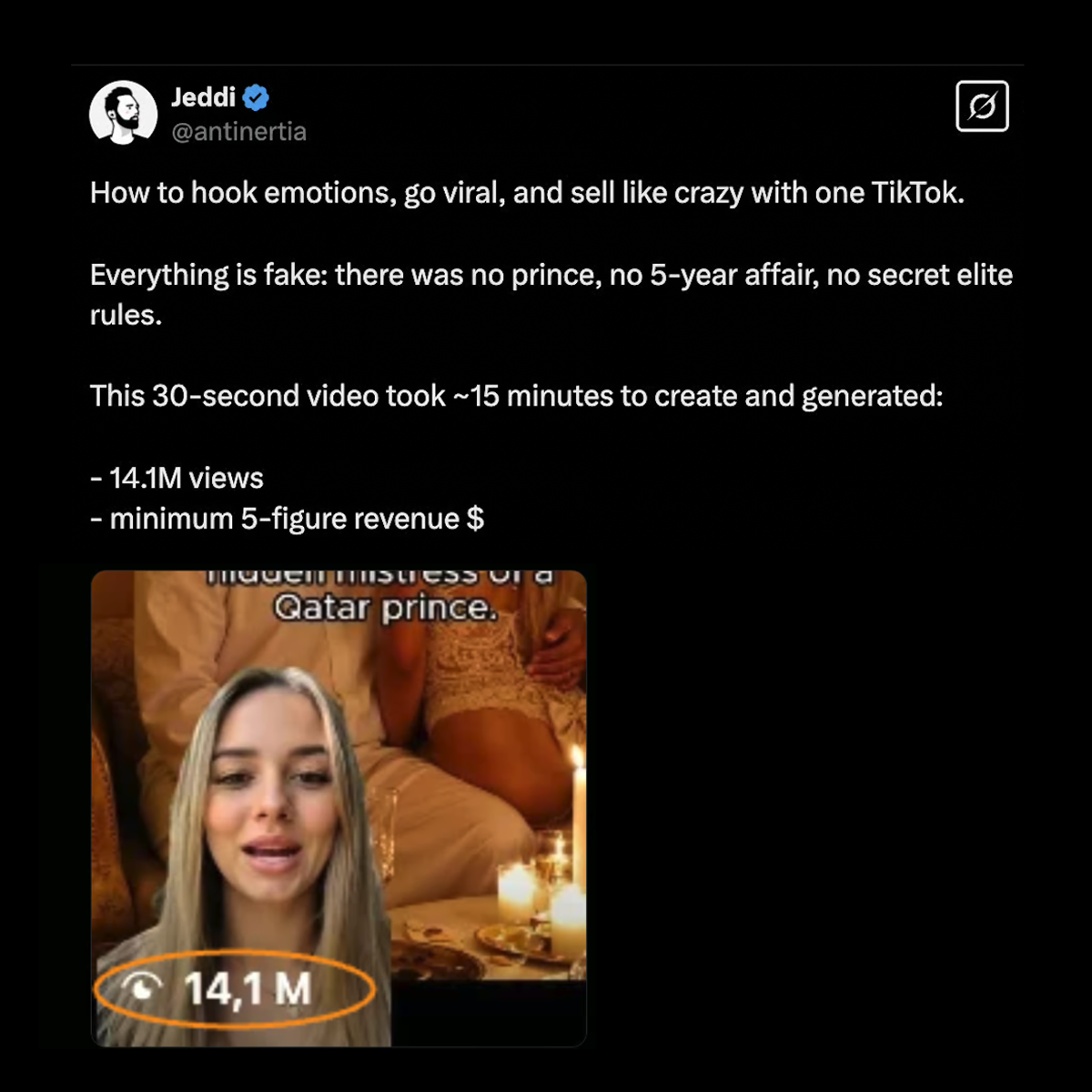


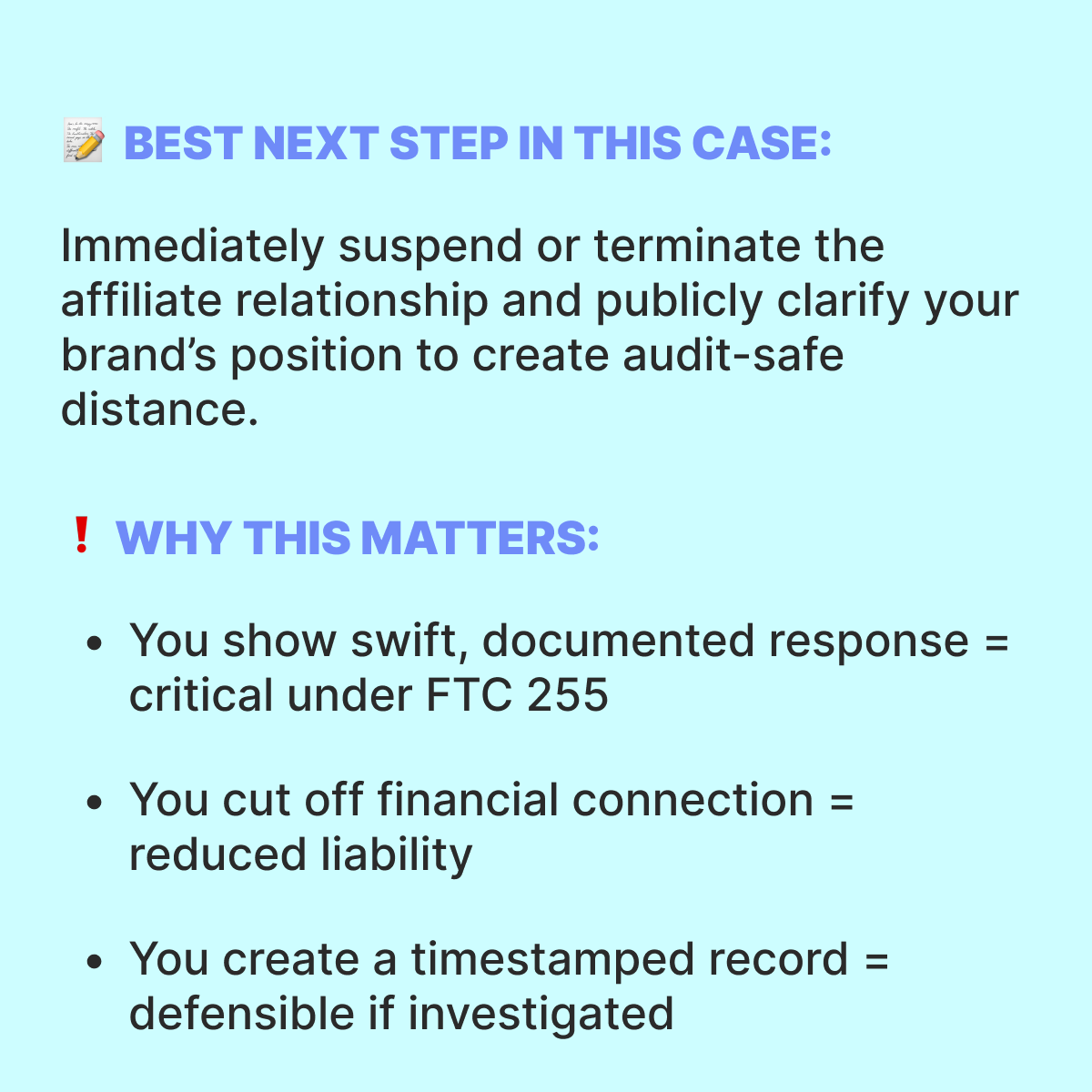


.svg)

.avif)

.svg)



.avif)

.avif)

